Russia has become uninvestable
Geopolitics can create opportunities – but there are times when discretion is the better part of valour.

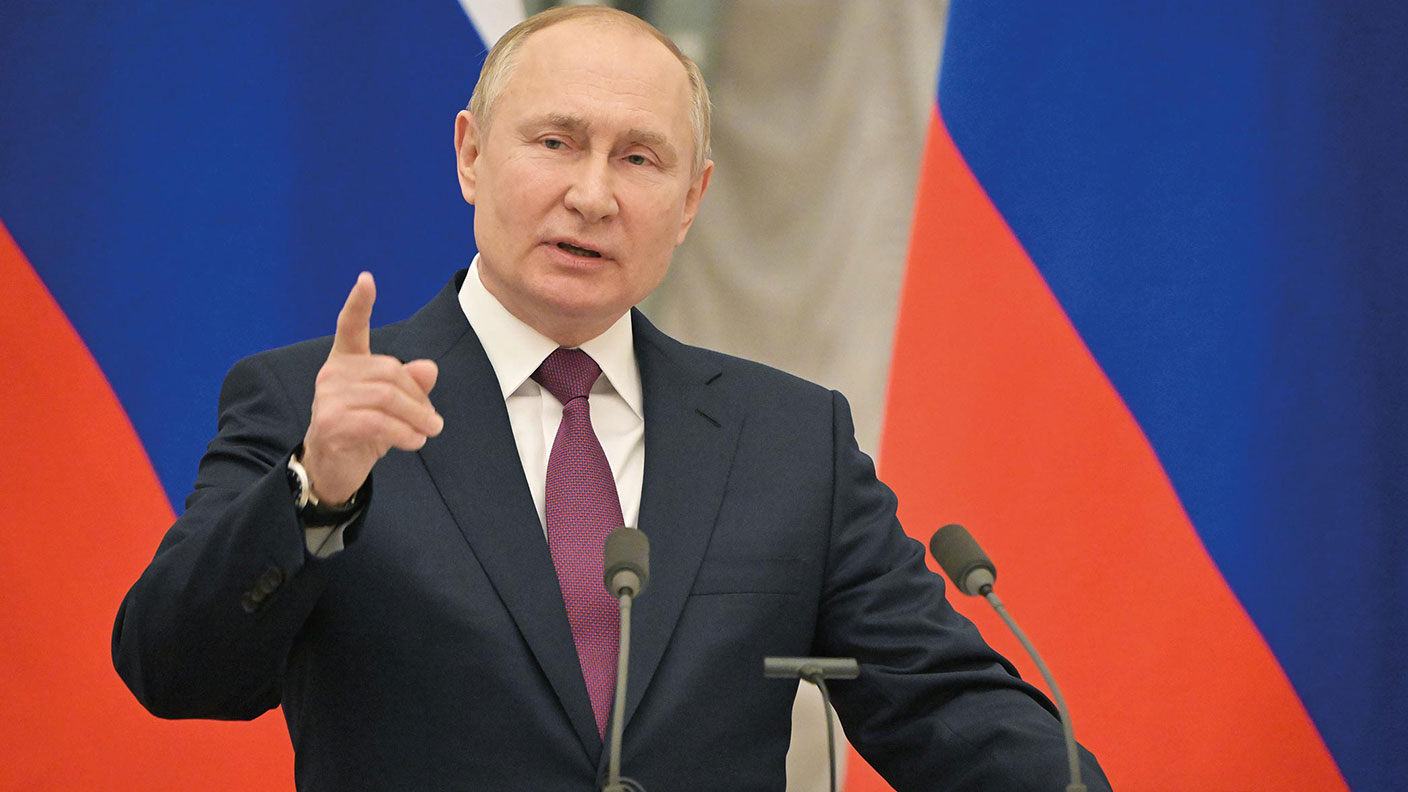
Get the latest financial news, insights and expert analysis from our award-winning MoneyWeek team, to help you understand what really matters when it comes to your finances.
You are now subscribed
Your newsletter sign-up was successful
Want to add more newsletters?

Twice daily
MoneyWeek
Get the latest financial news, insights and expert analysis from our award-winning MoneyWeek team, to help you understand what really matters when it comes to your finances.

Four times a week
Look After My Bills
Sign up to our free money-saving newsletter, filled with the latest news and expert advice to help you find the best tips and deals for managing your bills. Start saving today!
A couple of weeks ago, back when Russia was still deemed unlikely to invade Ukraine, we noted that history suggests that markets as a whole tend to get over geopolitical shocks quickly. As a result, we said, other than holding gold as a hedge (which you should be doing anyway), there wasn’t anything you should change in terms of your asset allocation. We also said that if you wanted to bet specifically on tensions diminishing, the easiest way to do so was via the JPMorgan Russian Securities investment trust.
Well, as we now know, tensions didn’t diminish. Instead, Russia invaded Ukraine without attempting to find even a flimsy pretext, while the West imposed the most stringent economic sanctions ever placed on a major global power. The point stands that geopolitics tends not to derail major markets. And in recent decades, investors have been rewarded for snapping up markets as and when they became sufficiently cheap on a Cape basis (cyclically adjusted price/earnings ratio), as in the eurozone sovereign debt crisis.
However, it’s also worth remembering that these “don’t worry, be happy” studies mostly draw on data from US markets. Look elsewhere and you find that, as financial historian Russell Napier has pointed out, there are two things that can and have caused markets to shut down or fall to zero. One is communist revolution (investors in Russia in 1917 and in China in 1949 suffered “total losses” as a result, according to Credit Suisse); the other is war. The former destroys property rights, the latter destroys property. A third threat – capital controls – can make it impossible to get your money out of a country even if an asset technically still has value.
MoneyWeek
Subscribe to MoneyWeek today and get your first six magazine issues absolutely FREE

Sign up to Money Morning
Don't miss the latest investment and personal finances news, market analysis, plus money-saving tips with our free twice-daily newsletter
Don't miss the latest investment and personal finances news, market analysis, plus money-saving tips with our free twice-daily newsletter
For anyone with exposure to Russia – either directly or via funds – what does that mean? The main immediate issue is that most Russian assets are hard or impossible to trade – the Moscow Stock Exchange is shut, for example. This means that putting a number on what anything is worth is far trickier than usual. In the case of the JPMorgan Russian trust, for instance, which owns a lots of locally listed stocks, broker Numis suggests the fund has a net asset value of around 99p per share (though it emphasises that this is a “guesstimate”) versus a share price of about 160p (as of 2 March).
In the longer run, a truce might lead to relations between the West and Russia being “normalised” and sanctions lifted, but even if that (highly optimistic) scenario comes to pass, there’s the ongoing economic fallout that Russia and Russian companies would have to deal with. And that’s arguably the most upbeat scenario. In short, it’s not an exaggeration (for once) to say that Russia, at the moment, really is uninvestable.
Get the latest financial news, insights and expert analysis from our award-winning MoneyWeek team, to help you understand what really matters when it comes to your finances.

-
 Should you buy an active ETF?
Should you buy an active ETF?ETFs are often mischaracterised as passive products, but they can be a convenient way to add active management to your portfolio
-
 Power up your pension before 5 April – easy ways to save before the tax year end
Power up your pension before 5 April – easy ways to save before the tax year endWith the end of the tax year looming, pension savers currently have a window to review and maximise what’s going into their retirement funds – we look at how
-
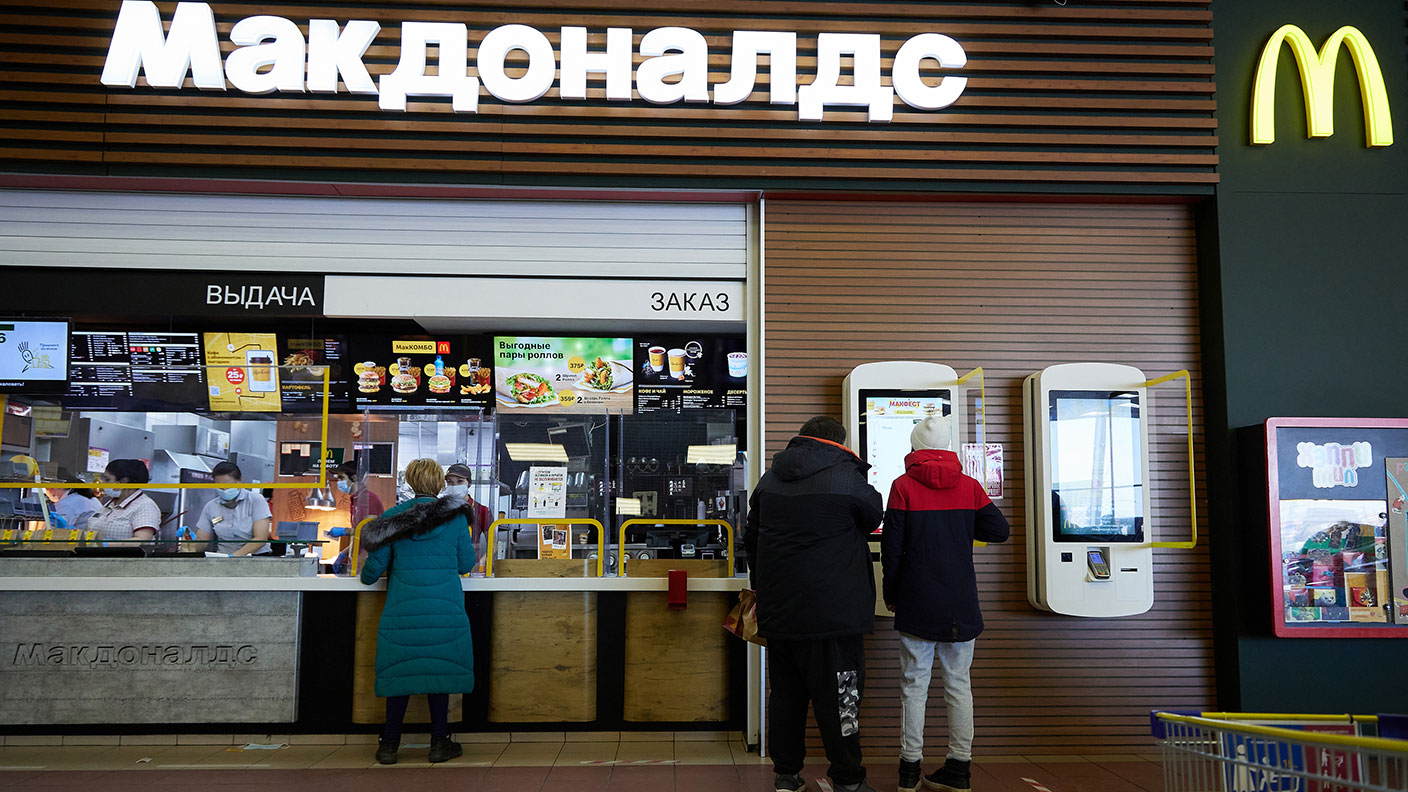 Russia is now a liability for Western companies
Russia is now a liability for Western companiesOpinion Companies which have pulled out of Russia have incurred significant costs, but it's been worth it, says John Stepek – they've seen their market value increase.
-
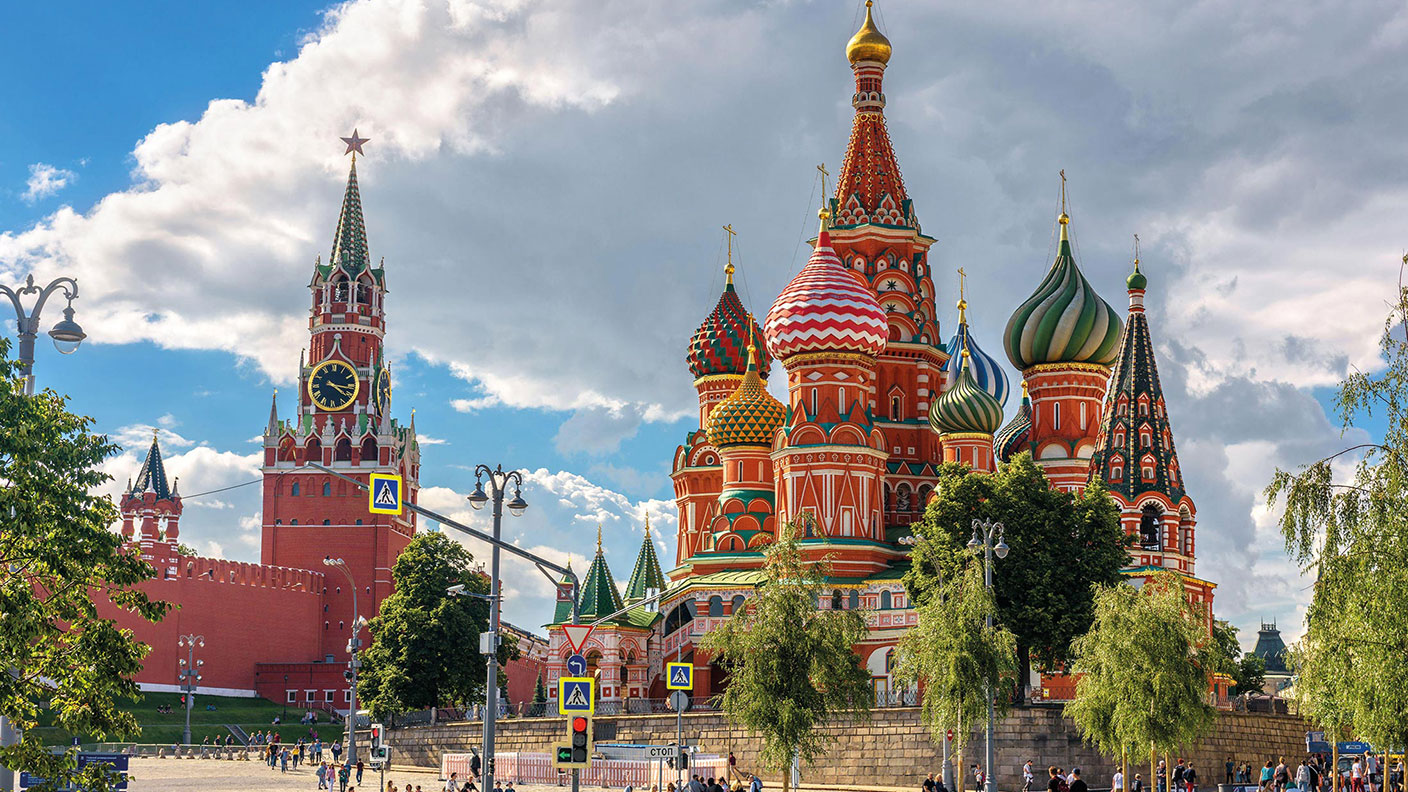 The hidden Russian equities in your portfolio
The hidden Russian equities in your portfolioEditor's letter The odds are that, however strongly you feel against it, you hold Russian equities in your portfolio. Merryn Somerset Webb explains why.
-
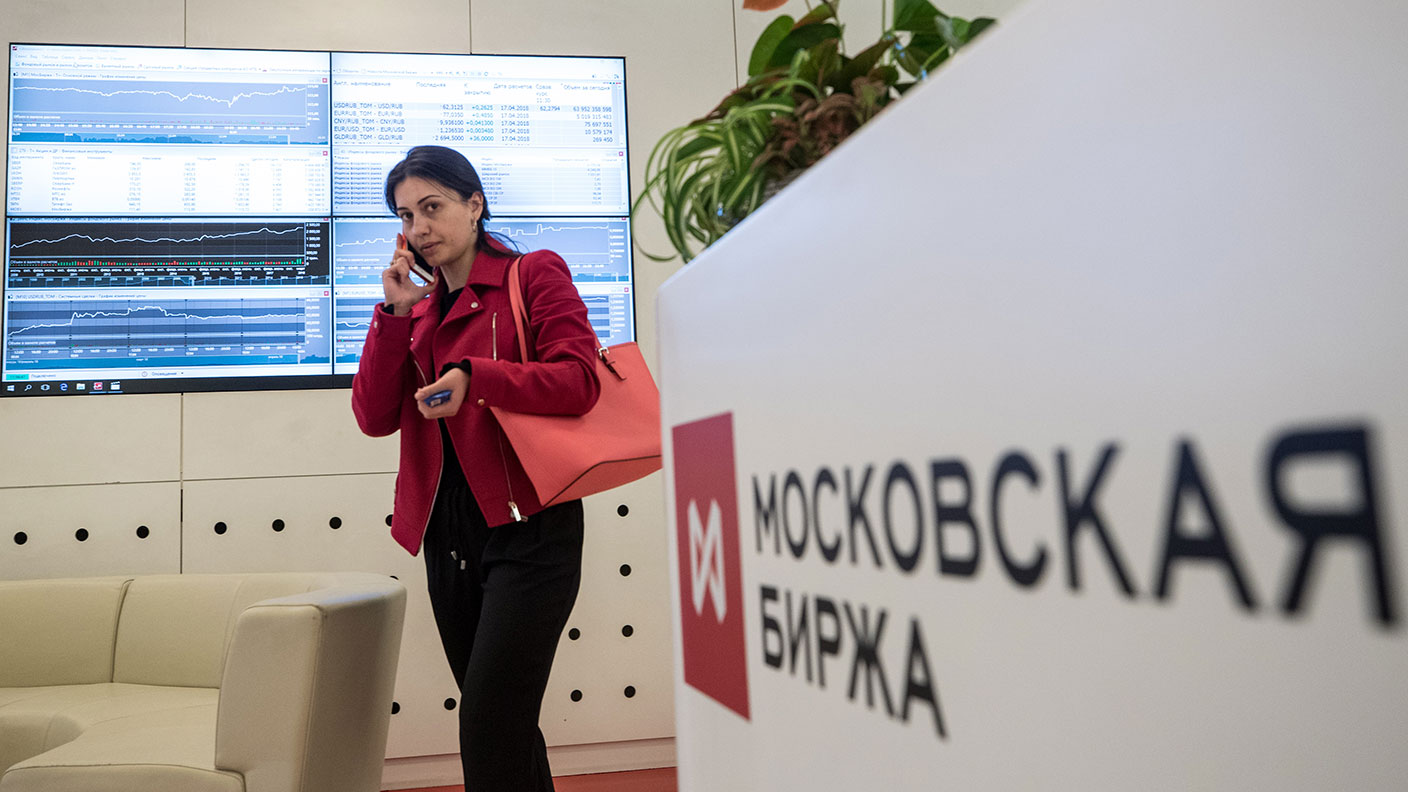 Ukraine crisis: for investors, things may well be different this time
Ukraine crisis: for investors, things may well be different this timeOpinion Markets have withstood endless shocks in recent years – and investors have usually sailed through unscathed. But Russia’s invasion of Ukraine could prove different, says Merryn Somerset Webb.
-
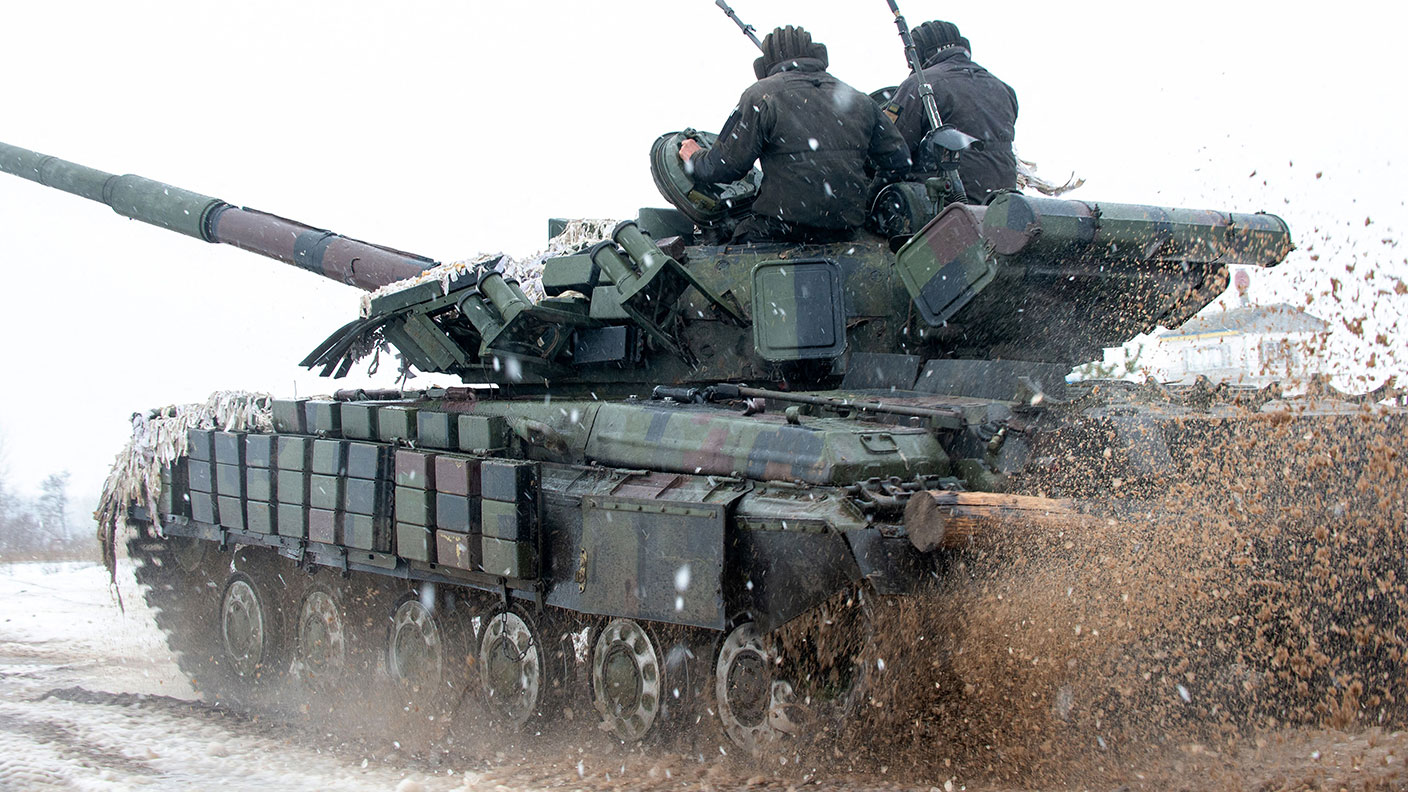 Russia invades Ukraine. What does it mean for your money?
Russia invades Ukraine. What does it mean for your money?Analysis With Russia launching a full-scale invasion of Ukraine, John Stepek looks at what it means for the global economy, inflation, and your money.
-
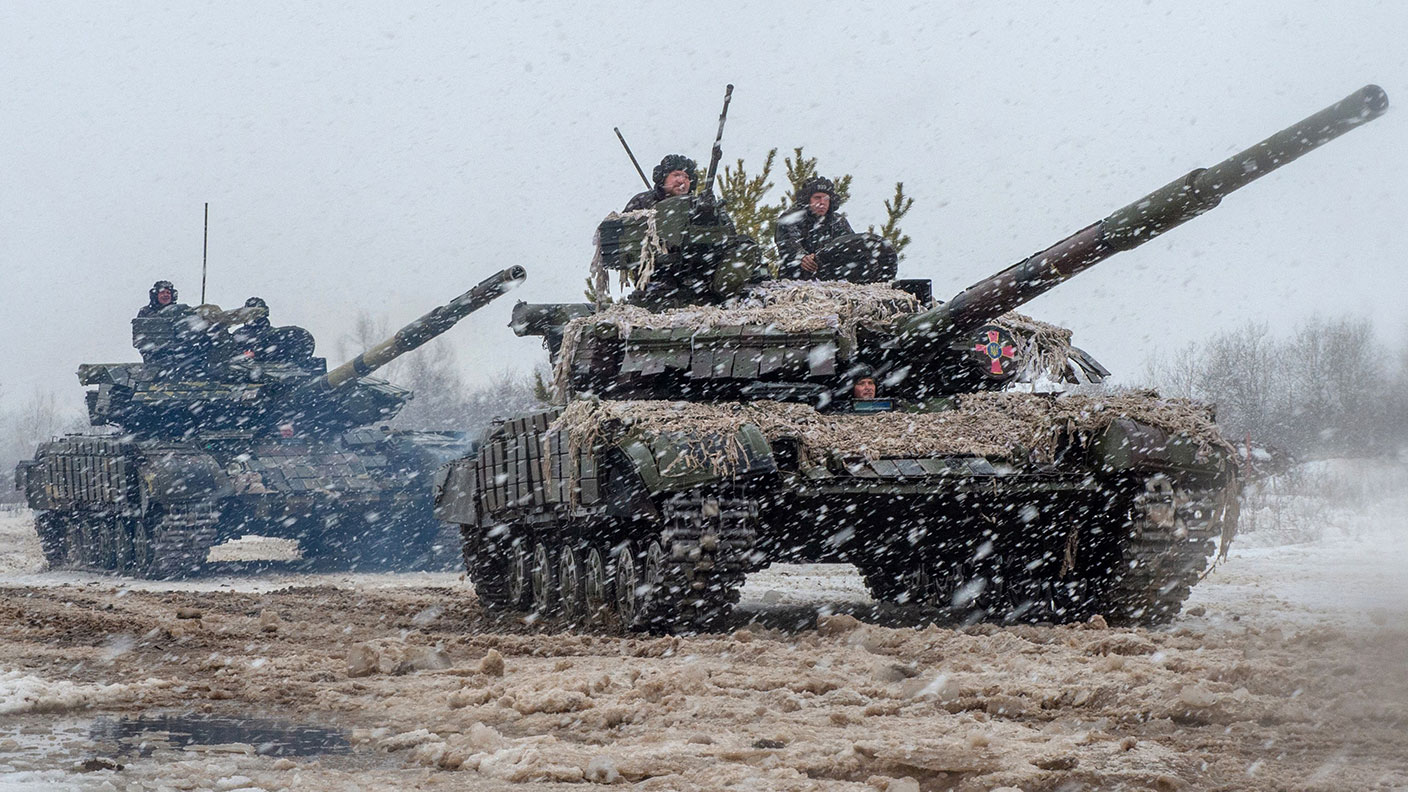 What does the Russian threat to Ukraine mean for markets?
What does the Russian threat to Ukraine mean for markets?Analysis A Russian invasion of Ukraine could be imminent, experts tell us. John Stepek looks at how war can affect financial markets, and whether you should adjust your portfolio.